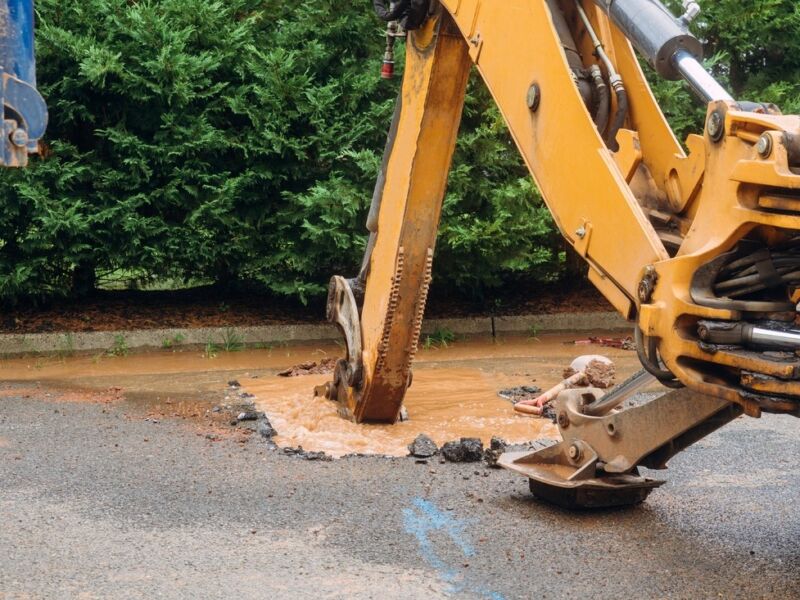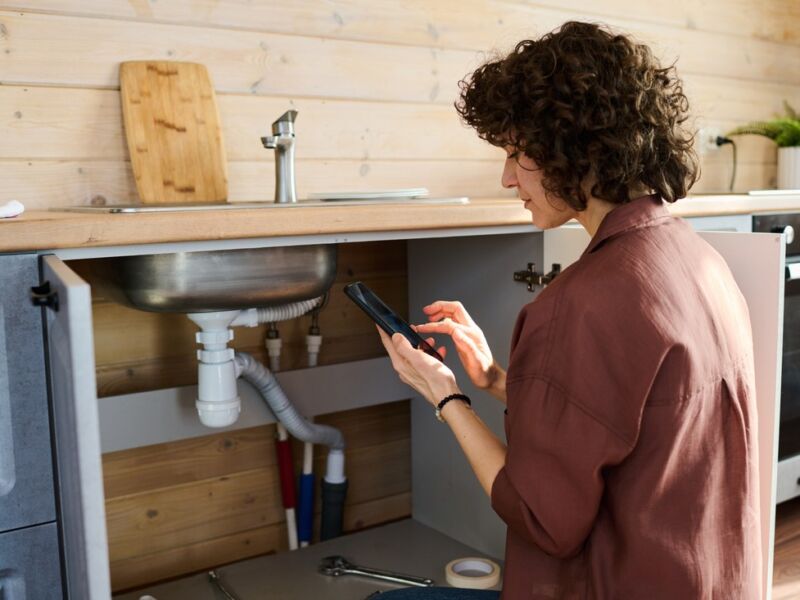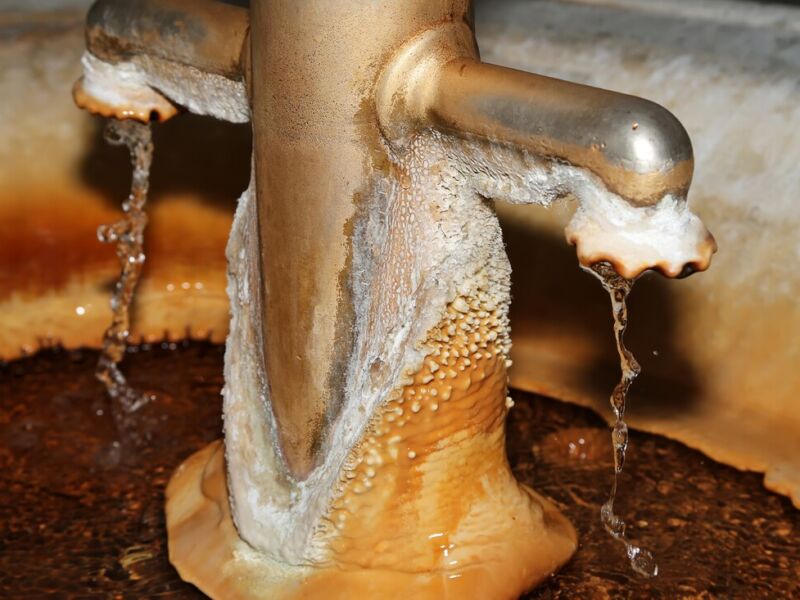
Introduction
Pipe leaks can cause significant damage to your property, leading to costly repairs and potential water damage. To avoid future pipe leaks, it is essential to take preventive measures and maintain your plumbing system properly. In this article, we will explore preventive measures and provide comprehensive insights on how to avoid future pipe leaks.
1. Regular Pipe Inspection

Regular pipe inspection is crucial in identifying any potential issues before they become severe leaks. Hire a professional plumber to inspect your pipes regularly and check for any signs of corrosion, wear and tear, or other damage. Early detection of problems can help prevent future pipe leaks.
2. Proper Pipe Maintenance
Maintaining your pipes is essential for preventing leaks. Ensure that your plumbing system is operating optimally by following these maintenance tips:
- Keep drains clear of debris and avoid flushing inappropriate items down the toilet or drain.
- Avoid pouring grease or oil down the drain, as it can cause clogs and damage to the pipes.
- Ensure proper ventilation in areas with pipes to prevent condensation and moisture buildup.
- Protect exposed pipes from extreme temperatures by insulating them.
3. Address Plumbing Issues Promptly

Ignoring plumbing issues can result in more significant problems, including pipe leaks. If you notice any signs of plumbing issues, such as dripping faucets, slow drains, or unusual sounds, address them promptly. Timely repairs can prevent leaks and further damage to your pipes.
4. Monitor Water Pressure
High water pressure can put stress on your pipes and make them more susceptible to leaks. Install a pressure regulator to maintain a consistent and safe water pressure level throughout your plumbing system. Monitoring water pressure can help prevent pipe bursts and leaks.
5. Insulate Pipes in Cold Weather
In colder climates, freezing temperatures can cause pipes to burst. To avoid this, insulate your pipes in vulnerable areas, such as crawl spaces, attics, and basements. Use insulation sleeves or foam pipe insulation to protect your pipes from freezing and prevent future leaks.
6. Avoid DIY Plumbing Repairs
While DIY projects can be rewarding, attempting to fix plumbing issues yourself without proper knowledge and skills can lead to further damage and leaks. It is recommended to hire a professional plumber for any plumbing repairs to ensure they are done correctly and prevent future leaks.
7. Consider Pipe Replacement
If your pipes are old, corroded, or frequently experiencing leaks, it may be time to consider pipe replacement. Upgrading to modern, durable pipes can help prevent future leaks and improve the overall efficiency of your plumbing system. Consult a professional plumber to determine if pipe replacement is necessary for your property.
8. Regularly Clean Gutters and Downspouts
Clogged gutters and downspouts can lead to water backups and increased pressure on your plumbing system. Regularly clean and maintain your gutters to ensure proper water drainage and prevent excessive stress on your pipes, reducing the risk of leaks.
Conclusion
By implementing these preventive measures, you can significantly reduce the chances of future pipe leaks and protect your property from water damage. Regular pipe inspection, proper maintenance, prompt repairs, and monitoring water pressure are essential in maintaining a leak-free plumbing system. Remember to seek professional assistance when necessary, and consider pipe replacement if your pipes are old or prone to leaks. By taking these precautions, you can avoid the hassle and expense associated with pipe leaks.
How often should I have my pipes inspected?
Can I insulate my pipes myself?
Important Facts and Statistics:
- The development of statistics in the exploratory analysis was carried out with pipe breaks between 1995 and …-src:Pipe breaks and estimating the impact of pressure control in water …
- Major environmental stressors, such as earthquakes and tremors, cause the most severe pipe damage for properties along geological fault lines.
- Broken pipes tend to be the symptom of another problem, and that problem will also need to be resolved.-src:Burst & Damaged Pipes: How Leaks Can Cause Water Damage
- Clogged pipes are often caused by: Grease, Hair, Inappropriate items being flushed down pipes, Food scraps, Floss, Diapers, Sanitary products-src:Common Causes of Clogged Drains And Broken Pipes
- According to The Oregonian/OregonLive, a broken sprinkler pipe was the culprit.
- A recent study by Gallet’s group and the Chicago Metropolitan Agency for Planning found the Chicago area alone is losing 22 billion gallons of treated water per year through leaky pipes.
For more information about pipe repair, water damage restoration, and other related services, visit JGW Group Water Damage Restoration Deerfield Beach.



